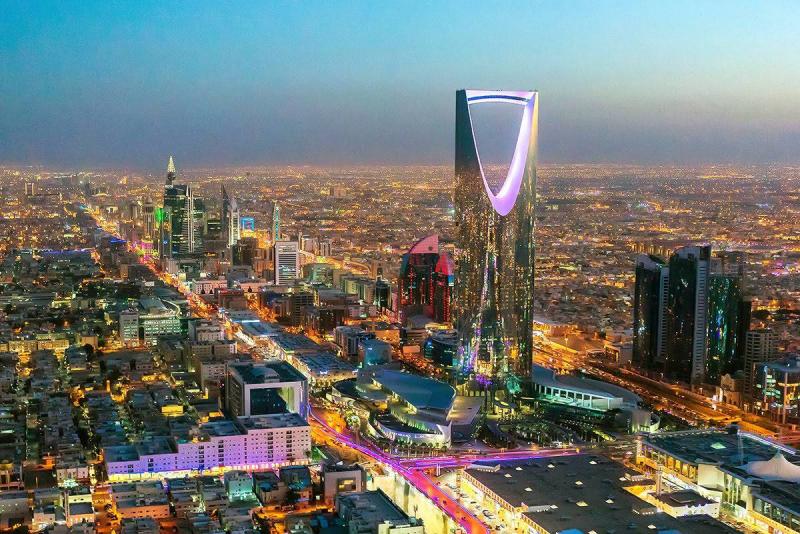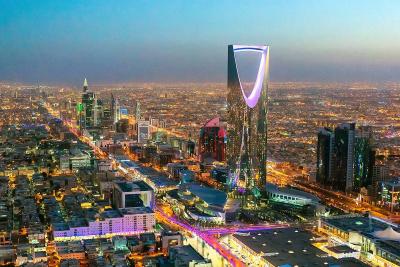In the science of plants and biology in general, development is always dependent on continuous renewal and repeated polarization, a fact well understood by specialists as well as by those with spontaneous life experiences. Acquiring experiences and competencies is an indicator of growth and development in societies. Indeed, a major country like the United States is the most generous in granting citizenship in the world, while some countries like Australia and Canada grant citizenship based on certain points.
Away from these details and the methods of countries in this field, introducing new elements, talents, and competencies remains an important factor in enhancing and strengthening qualitative human resources. In Saudi Arabia, since the era of the founder King Abdulaziz, the country has been a destination for Arab talents, with an array of advisors and senior officials in the emerging state originating from various Arab countries, including Iraq, Syria, Palestine, Lebanon, Egypt, and Libya. These individuals later became dedicated members of the state, such as Al-Damlouji, Yassin, Hamza, Hafiz, Al-Qarqani... and others.
A few days ago, the Custodian of the Two Holy Mosques King Salman bin Abdulaziz approved the granting of citizenship to a number of scientists, doctors, researchers, innovators, entrepreneurs, and distinguished individuals with competencies, expertise, and rare specialties. This step aligns with Saudi Arabia's support for efforts in economic, health, cultural, sports, and innovation development within the country, following a similar approval for several distinguished individuals in these fields back in 2021.
These royal grants come specifically to support overarching goals for Saudi development across all sectors, not only in scientific, technical, administrative, and legal fields but also in culture, arts, and sports. Some of those granted Saudi citizenship are already part of the Saudi ethos and culture, embodying its spirit.
In light of this, we have a citizenship system or law, which is still in effect - as per the official website of the Saudi Council of Experts - that law was issued on September 22, 1954, and may need to be updated and developed considering it has been several decades. Nonetheless, the beautiful essence of these royal grants to talented and qualified individuals is the practical and moral dimension of the spirit behind these decisions. It emphasizes that the fertile Saudi soil is conducive to cultural interaction and fusion, relying on two pillars: openness and trust, along with authenticity and uniqueness, ensuring that neither aspect overshadows the other, akin to the mingling of rain with fertile ground, leading to the flourishing of every beautiful and joyous plant.




